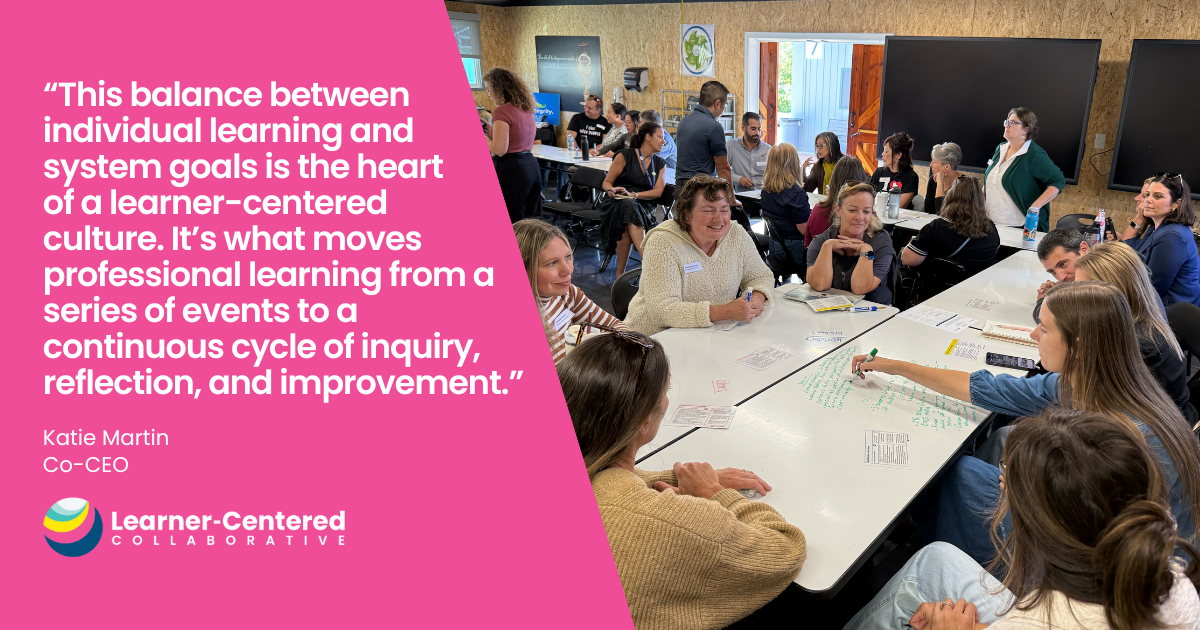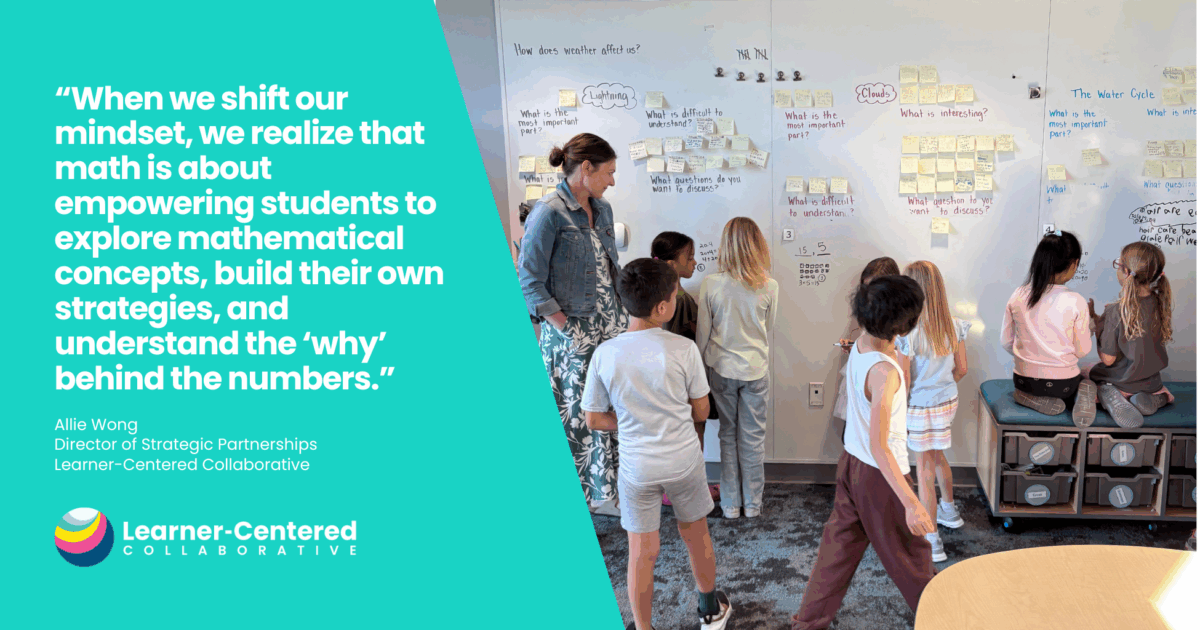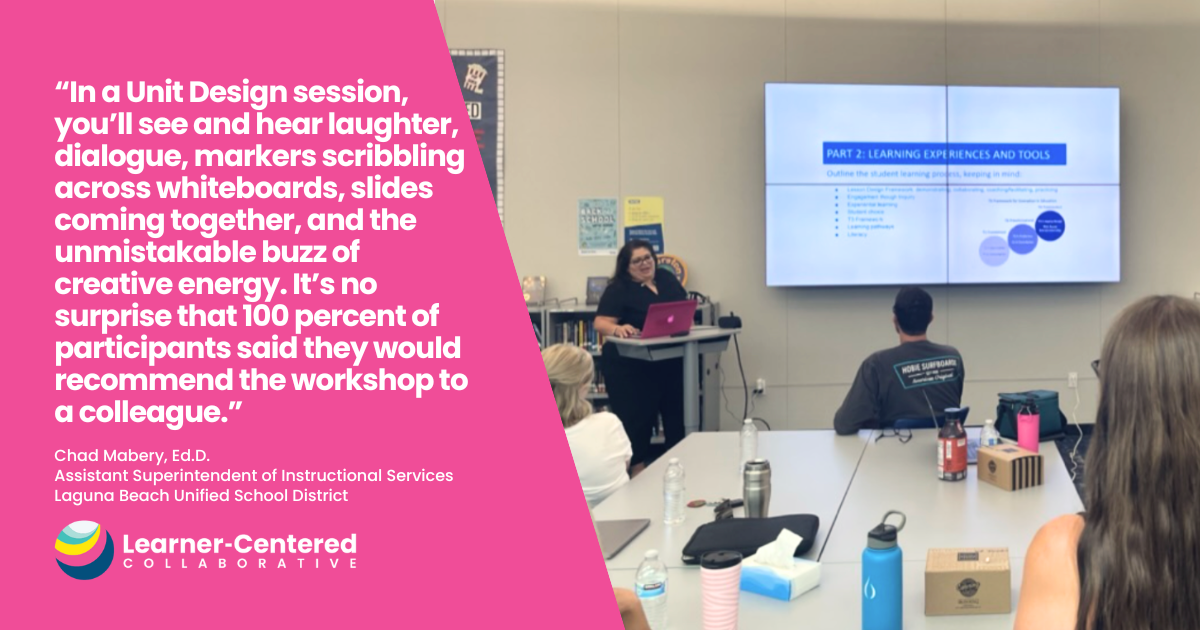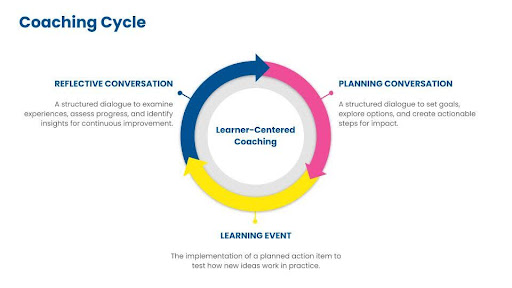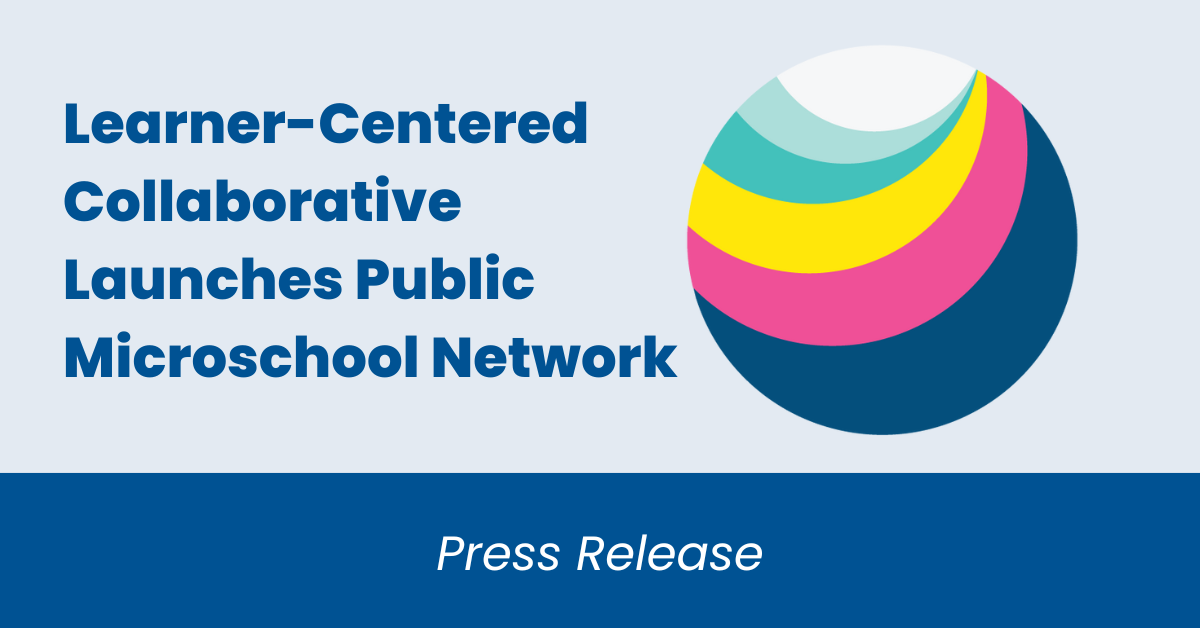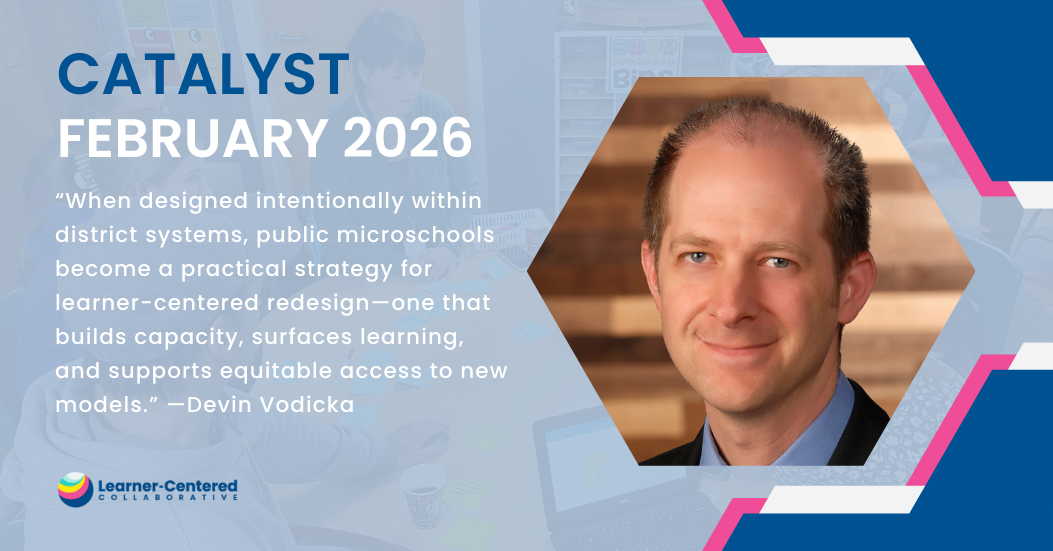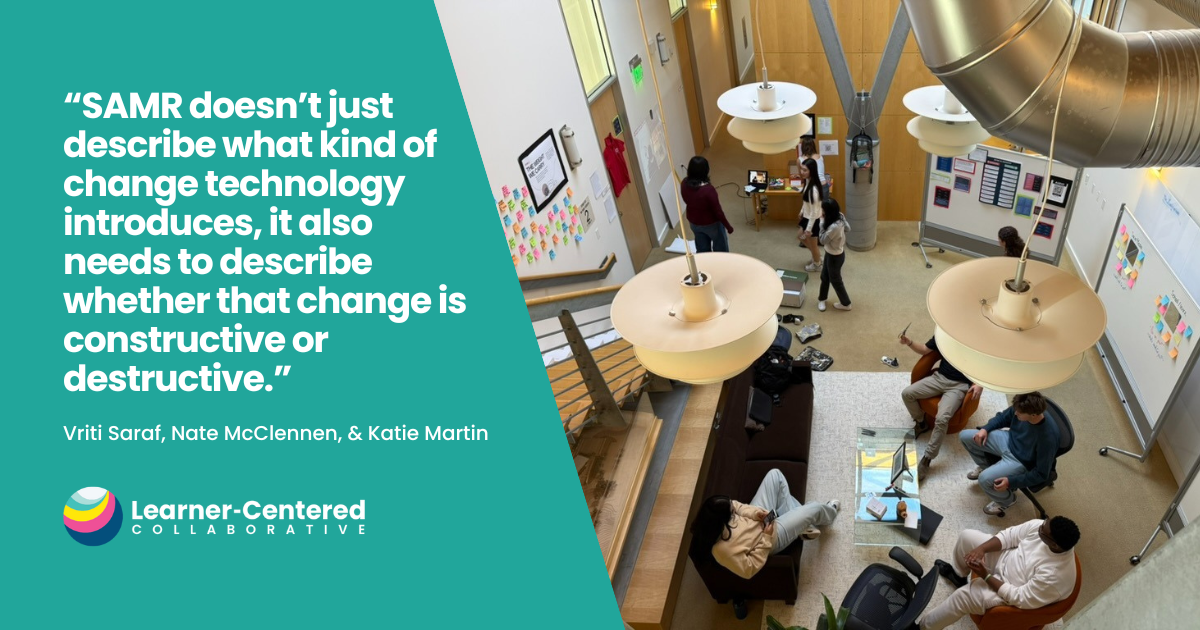Reflect, Rest, and Rejuvenate This Summer
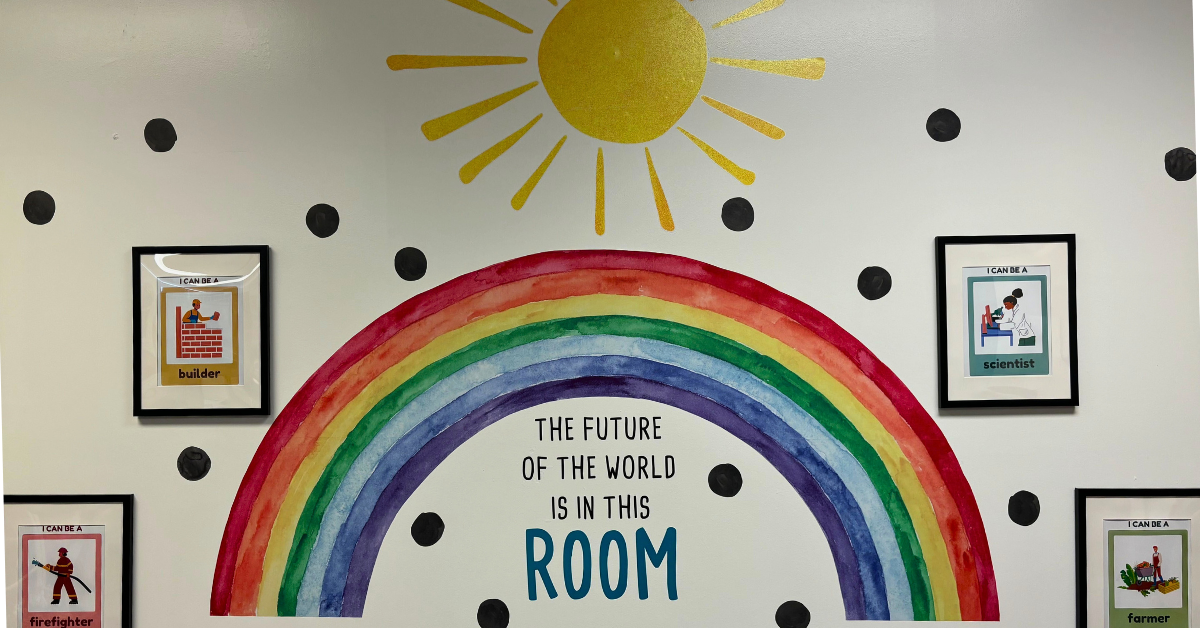
The end of the school year is an exciting time filled with ceremonies, field trips, field days, exhibitions, plays, and performances celebrating the hard work of every educator and learner. However, it can also be a stressful and emotional period. Grades are due, everyone is tired from a long year, we must say goodbye to our students while juggling too many tasks in the final days.
As we end this school year and start a well-deserved summer vacation, let’s take a moment to reflect so we can truly rest and rejuvenate. As educators, we are constantly on the go, designing and revising daily lessons, providing feedback, and reacting to the hundreds of inputs and personalities in front of us at any given time. It’s exhausting, and at the end of each year, we need time to rest so we can return in the fall feeling refreshed and ready to do it all over again.
The Importance of Reflection
Before setting off on that crucial time of rest, it’s important to pause and reflect on all the moments of go go go and the moments of celebration and frustration from the year. This allows us to close one chapter, take a true break, and return rejuvenated to continue learning and growing, just like we want our students to do.
Research has shown that reflection leads to increased productivity. What if reflection was exactly what we needed in our moments of rest, not to lead to more productivity (everyone knows as educators we are already productive enough) but to lead to rejuvenation? That feeling of being fully energized and ready to recommit to being our best selves as educators for another school year. If we jump into rest without reflection, we may come back to next school year feeling like things were left unresolved or spend much of our summer ruminating on the last year.
Questions for Reflection
Before fully unplugging and focusing on the joys of ice cream, the beach, and sleep, let’s take a moment to reflect so we can more fully rest and feel rejuvenated when we return in the fall.
Consider these questions for reflection:
- What went well this year that I’d like to continue?
- What challenges did I have? What did I learn from them? What could I do differently in the future?
- What am I excited about trying out next year? (This could be something very small or very large, 10% better)
- What is one thing I want to focus on improving next year?
You can also use this End of Year Reflection Tool to reflect on the year.
As you reflect on these questions, let the last school year move behind you. Step into the summer to fully focus on resting. Come back this fall, referring back to your reflection, rejuvenated and ready to continue doing the best you can for learners.
